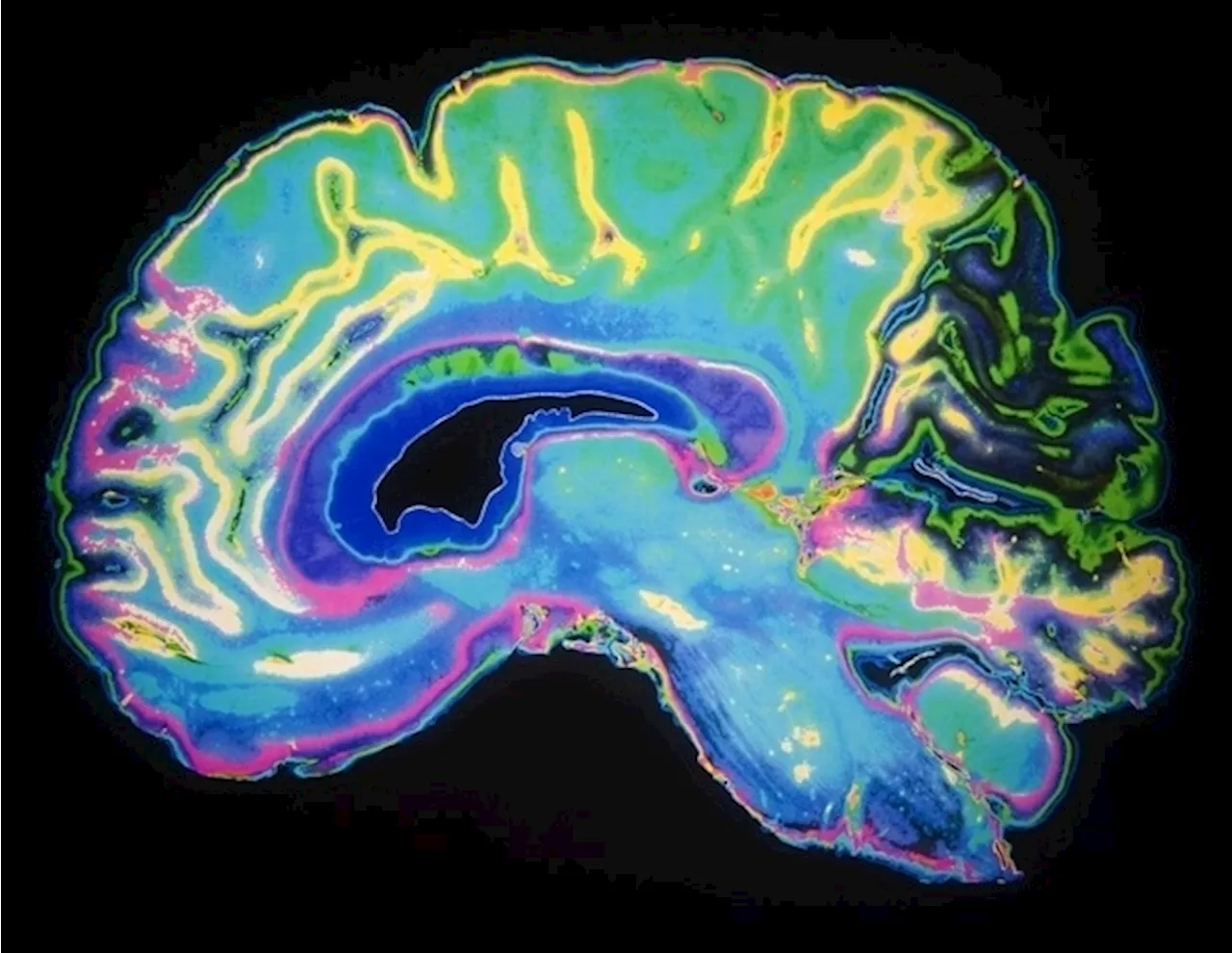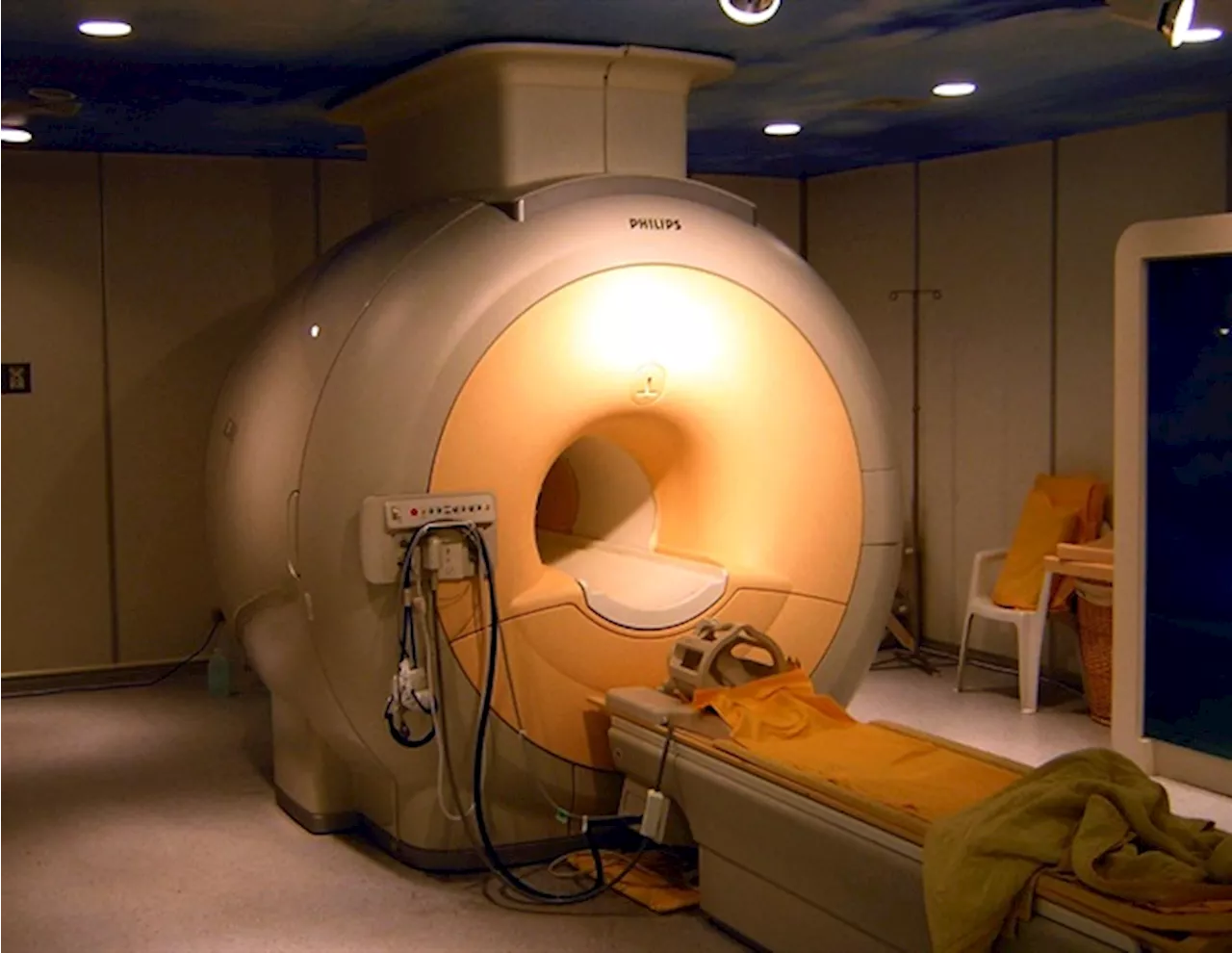Using smartly trained neural networks, researchers at TU Graz have succeeded in generating precise real-time images of the beating heart from just a few MRI measurement data. Other MRI applications can also be accelerated using this procedure.
TU GrazSep 30 2024
Medical imaging using magnetic resonance imaging is very time-consuming since an image has to be compiled from data from many individual measurements. Thanks to the use of machine learning, imaging is also possible with less MRI measurement data, which saves time and costs. However, the prerequisite for this is perfect images that can be used to train the AI models.
Calibration of imaging through withheld data Martin Uecker and Moritz Blumenthal used self-supervised learning methods to train their machine learning model for MRI imaging. The basis for training the model is not pre-curated perfect images, but a subset of the initial data from which the model is to reconstruct the images. Moritz Blumenthal explains it like this: "We divided the measurement data provided by the MRI device into two portions.
This procedure can make many MRI applications faster and cheaper "Our process is ready for application," says Martin Uecker, "even if it will probably be a while before it is actually used in practice." The method can be used for many other MRI applications to make them faster and therefore cheaper. This includes quantitative MRI, for example, in which physical tissue parameters are precisely measured and quantified.
This allows radiologists to access precise data for diagnoses instead of having to interpret images based on differences in brightness using their professional experience. Up to now, however, quantitative MRI measurements have often taken a very long time. With our machine learning model, we were able to speed up these measurements considerably without any loss of quality.
Heart Imaging Magnetic Resonance Imaging Medical Imaging Research
United Kingdom Latest News, United Kingdom Headlines
Similar News:You can also read news stories similar to this one that we have collected from other news sources.
 Innovative model using CRISPR provides valuable insights into prostate cancer spreadA new preclinical model using CRISPR, an advanced technology that allows scientists to cut and edit genes, has given Weill Cornell Medicine researchers and their colleagues a deeper insight into how prostate cancer spreads or metastasizes.
Innovative model using CRISPR provides valuable insights into prostate cancer spreadA new preclinical model using CRISPR, an advanced technology that allows scientists to cut and edit genes, has given Weill Cornell Medicine researchers and their colleagues a deeper insight into how prostate cancer spreads or metastasizes.
Read more »
 Intelligent chimp Jeje famous for using tools kills human baby ‘using jungle instruments’ after snatching i...Inside ‘hellhole’ zoo with monkeys chained by necks & deer knee-deep in filth
Intelligent chimp Jeje famous for using tools kills human baby ‘using jungle instruments’ after snatching i...Inside ‘hellhole’ zoo with monkeys chained by necks & deer knee-deep in filth
Read more »
 Origami paper sensors could help early detection of infectious diseases in new simple, low-cost testResearchers at Cranfield University have developed an innovative new method for identifying biomarkers in wastewater using origami-paper sensors, enabling the tracking of infectious diseases using the camera in a mobile phone.
Origami paper sensors could help early detection of infectious diseases in new simple, low-cost testResearchers at Cranfield University have developed an innovative new method for identifying biomarkers in wastewater using origami-paper sensors, enabling the tracking of infectious diseases using the camera in a mobile phone.
Read more »
 New method identifies biomarkers in wastewater using origami-paper sensorsResearchers at Cranfield University have developed an innovative new method for identifying biomarkers in wastewater using origami-paper sensors, enabling the tracking of infectious diseases using the camera in a mobile phone.
New method identifies biomarkers in wastewater using origami-paper sensorsResearchers at Cranfield University have developed an innovative new method for identifying biomarkers in wastewater using origami-paper sensors, enabling the tracking of infectious diseases using the camera in a mobile phone.
Read more »
 Brain structure shows subtle link to political ideology in large-scale MRI studyFor a long time, the claim has been made that the brains of conservative people are different than those of progressives.
Brain structure shows subtle link to political ideology in large-scale MRI studyFor a long time, the claim has been made that the brains of conservative people are different than those of progressives.
Read more »
 Routine MRI scans detect cancers in asymptomatic patients with rare genetic conditionFindings from the SIGNIFIED study, which investigated the benefits of screening patients with Li-Fraumeni syndrome by using whole body MRI scans, were presented on Sunday 15 September at the European Society of Medical Oncology (ESMO 2024) congress.
Routine MRI scans detect cancers in asymptomatic patients with rare genetic conditionFindings from the SIGNIFIED study, which investigated the benefits of screening patients with Li-Fraumeni syndrome by using whole body MRI scans, were presented on Sunday 15 September at the European Society of Medical Oncology (ESMO 2024) congress.
Read more »
